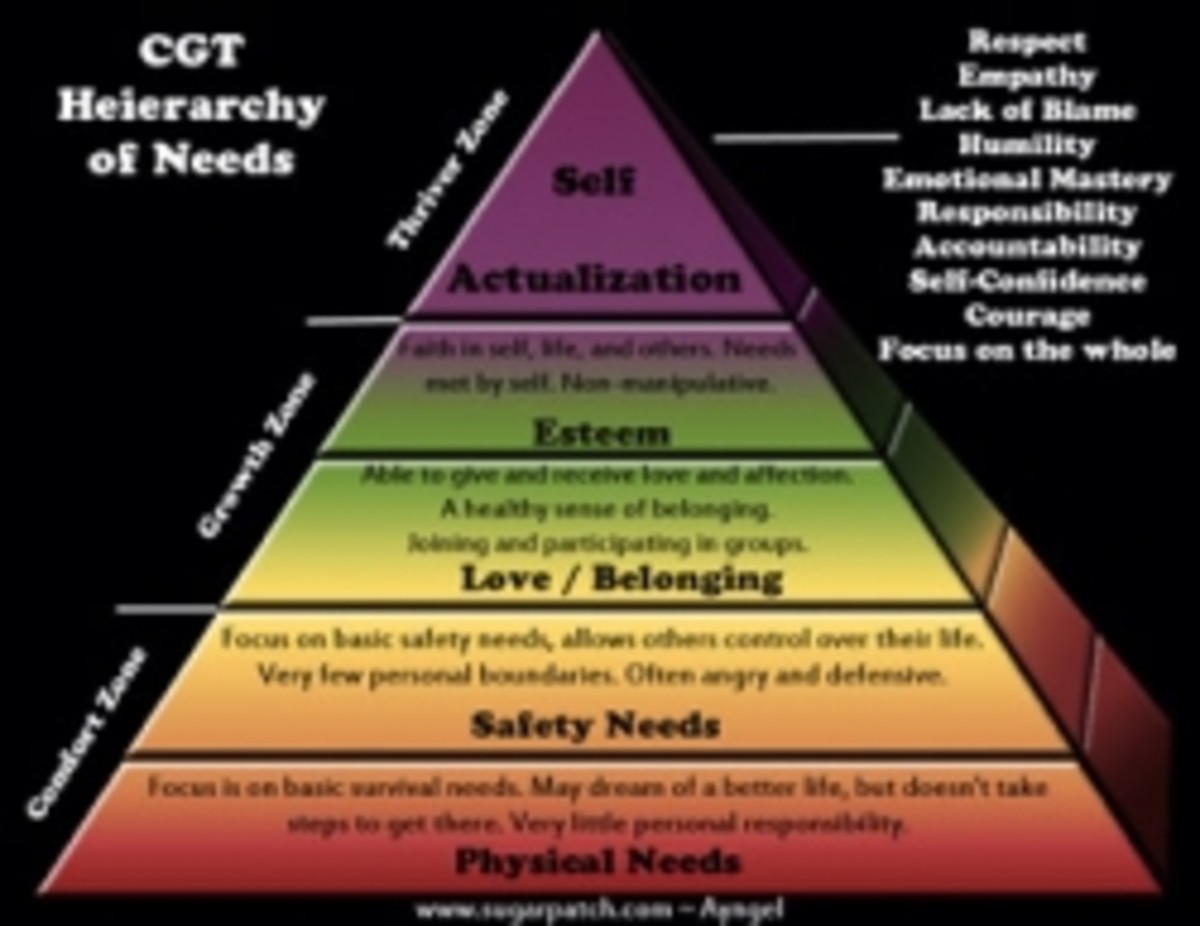Your Therapy, Your Decisions. Choosing The Right Psychologist

Dear Veronica.
Can you please give me some advice? Here’s what’s going on. Something happened in my life and I’m having a very hard time moving on after it. I don’t want to talk about it. The people that are close to me keep saying I need to get some kind of therapy or something. I know I want some kind of help therapy-wise. I’m having such a hard time and I don’t know what to do. But I don’t want to talk about what happened. I just don’t want to.
After it first happened I did see a psychologist for one visit. I was referred and it was just awful. I’m trying to be fair here so I will admit that maybe I was just in a really bad frame of mind at the time. Maybe I just wasn’t ready. But this person made me feel pressured. They pushed me hard to answer questions and when I said I didn’t want to answer them this person said things like I wasn’t serious, I didn’t want to be helped, I was wasting their time, etc etc. It put me off to the whole thing. I felt bullied. It was terrible and I won’t go through that again.
Can you please give me some advice on getting professional advice?
Sensie429


Dear Sensie429,
There are some tells in your brief note. You said the people close to you say you “need” therapy, but then you said you know you “want” some kind of help. That’s a huge thing right there. Your word choice is saying you’re ready. You know you need help, people around you know you need help, but now you actually want the help. That’s a very big step.
I can’t really speak on the psychologist you met with. I don’t know what his or her treatment idea was. But whatever it was, we all know it failed. That session not only failed to get you to open up which is what I assume the intent was, it also put you off therapy. I have to think that’s failure.
I have to think that the process of finding a psychologist to work with is personal, and it may not be automatic. I was in therapy for a couple years when I was in my 20’s. I happen to have been lucky; the first counselor I met with was The One for me. I don’t think it happens that fast for everyone.
The first therapist you met with obviously practiced a strong-arm methodology that was very ineffective with you. You’re showing growth and ownership in your being open enough to say maybe you weren’t ready.
It’s clear that whatever it was that happened to you has horrible. Whatever it was, you’re feeling like it took your power from you for that moment. You were powerless to stop it, or prevent it, or change it, whatever it is. I really don’t know what it was so I can’t be more specific than to say if you’d had the power to stop it, you would have.
This powerless feeling was compounded by a psychologist taking even more power from you, telling you it wasn’t up to you what would happen, it wasn’t up to you what questions you’d answer. It wasn’t even up to you to know what you wanted. Big surprise that failed, huh.


It’s always been my understanding that the person that writes the check is in charge. You’re in charge of this. You decide what you talk about. And when. And to whom.
I suggest you continue to empower yourself. Take control of this experience. Make it something you feel you’ve got a good grip on. Perhaps you could start by compiling a list of several therapists/psychologists. You can ask for recommendations from friends or doctors. You can look online for counselors that are in your area. Look at the reviews and recommendations people have posted. Of course that has to be taken with a grain of salt, but it’s a starting point. If you’re going through insurance you should confirm those details; who are the doctors in network, and consider them for your list as well. The APA (American Psychological Association) website offers a lot of information including a Locator Service.
You should also do a little homework. Research the terminology and credentials. A Psychiatrist is a medical doctor, accredited with an MD, PhD, or PsyD, A Psychologist averages seven years of graduate work on their way to a doctorate. You might find their name credential as MA, MS, MSW, MSC, DMFT, LPsy, and you may see their professional licenses such as LPC or CRC. Familiarize yourself with all the different options. Look over your list and make sure you know as much as you can about what their education degrees are, their licensing, and their specific type of counseling work.
I’m really not sure or which would be best for you. You may not either. And that’s OK. That’s why you’re putting together a list of potential applicants for the job you’re offering. Yes, that’s right. That’s how you should view this. You’re in charge, and you’re putting together potential candidates for the position you’re seeking to fill.


Pick two or three to begin with. It’s your choice who they’ll be. Whether you’ve selected them because of proximity, or insurance coverage, recommendation, or you feel their credentials sound like a good match to your needs.
Go ahead and call the therapists offices for an introductory appointment. Just let them know you’ve never been there before, you’re ready to begin work on yourself and you’re currently seeking a therapist. I would recommend that you are open to saying that you believe you have PTSD, but that you’re open to working with a professional to find out what’s going on and what you can do.
Some offices may call this an interview, some may have you schedule an appointment, some may handle the meeting more casually. That’s Okay as long as you feel comfortable. I don’t know if this is something a doctor charges for. My feeling is it shouldn’t be, but I also believe that to find the right doctor it’s worthwhile for you to make this investment. Some offices may say they charge just to gage your willingness. It may be a way to see if you’re serious. I really don’t know.
At the meeting you have the opportunity to speak a little more to what you want and expect from your therapy. You can be very clear that you do not want to discuss the event that has triggered your PTSD at this time. Listen to what they have to offer and their thoughts on a plan
If a therapist says to you that it’s unacceptable that you not speak about he event, or that it isn’t up to you, or a “we’ll see” humoring kind of line, end the interview. Stand up and say, “Thank you for your time, but I am not interested to hire you,” and leave.

It’s important that you choose words that are empowering. If you feel a doctor’s methods are not right for you then take control and end the meeting.
You don’t have to settle. Take your time and conduct interviews. This is all about your comfort level. A list of 4 or 5 names, and 2 interviews may reveal someone to you that you feel you’d like to try to work with, and this may be all it takes for you to feel comfortable and ready. Then again, you could make a very thorough list, do a bunch of research, and conduct several interviews a month for a year before you find a professional therapist that you hire. The process itself is part of the empowerment. This is all up to you. Do whatever you need to and take as much time as you’d like.
Once you’ve chosen a therapist you’re empowerment should continue to grow. Of course some of the work is probably going to be hard, you probably will have times where it’s a struggle. Therefore you’re going to benefit from building a trust in the process and with the doctor. Sometimes you may need to let go and let them guide you. However you should never do anything that feels wrong in your gut. And you should always be mindful that you are in charge. You can always stop. You can always fire the therapist. It’s always your choice.
Your relationship with your therapist is a relationship, just like any other. You have a lot of relationships in your life. Don’t let this one psych you out. Best to you in your journey.





